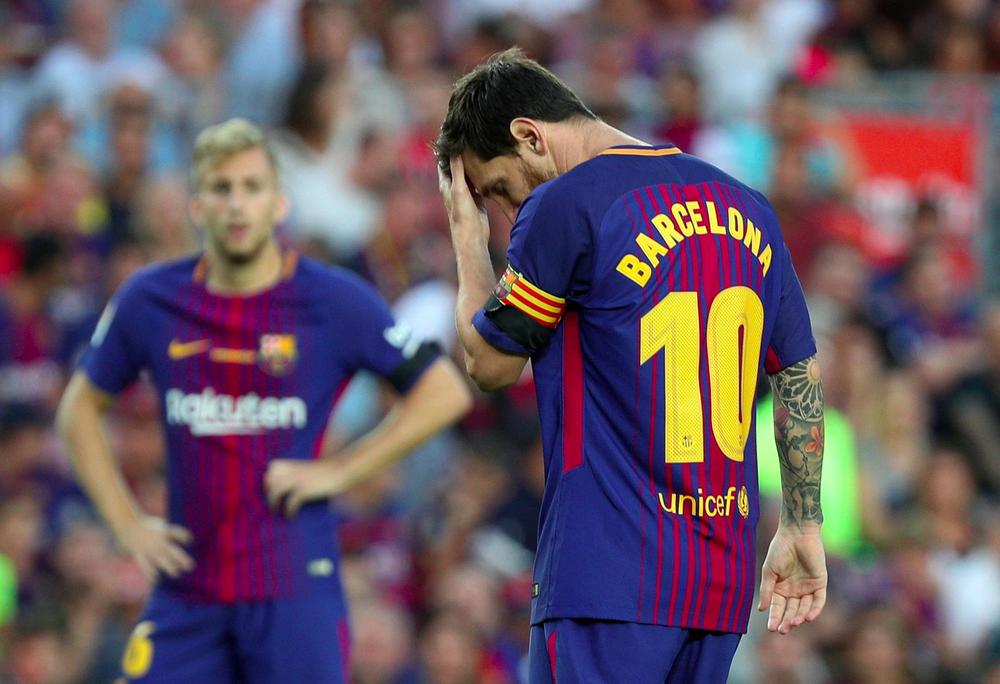
The thing that many fans don’t seem to understand about superstars is the all-consuming vibe-drain that occurs when they become unhappy. A struggling side with an unhappy superstar is almost worse than a struggling side with inferior talent.
The superstar is often great when things are on the up, although even then, he may cause problems: is he a dickhead who flouts club rules, and gets preferential treatment, or is paid disproportionately high wages? Does he put in a shift, or leave that to everyone else? How does team unity function when there’s a diva around? Is it right that some players disappear for Carnival every year?
But Jürgen Klopp and Michael Edwards have steered their way around this problem, by not signing superstars and by not signing dickheads.
(And ‘dickheads’, within football terminology, need not necessarily mean bad or egotistical people, as it also includes those who just can never make it to training or team meetings on time, even if they are being paid £300,000 a week and could presumably afford a staff of people to physically lift them out of bed, carry them into their Ferrari and drive them to the training ground on time.)
So, superstars need not be dickheads – many of the best are often elite professionals, albeit some get caught up in their own hype and the fawning of their entourage. But they can clearly be problematic, and toxic. I cover this toxicity in a chapter in Perched: Jürgen Klopp’s Liverpool FC – Champions Of Everything, although I can take it one step further here.
This article is for subscribers only. See below for details on how to subscribe and what subscribers gain access to.
[ttt-subscribe-article]